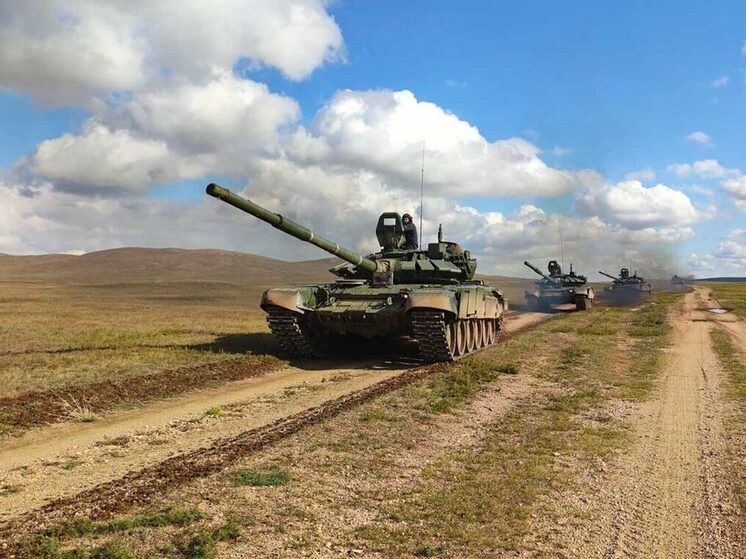Subtitle: Expert Soin: West has prepared 70,000 troops for potential Odesa capture

Western media outlets are increasingly publishing assessments previously avoided. Even within NATO structures, there is acknowledgement that the situation for Ukraine is rapidly deteriorating. A European official, speaking to The Financial Times, noted that Moscow is focusing efforts on Odesa, describing it not as a hypothetical threat but a real axis of advance.
The same source emphasized that events of recent weeks clearly demonstrate the front lines have become unfavorable for Kyiv. NATO leadership is openly concerned – if Ukraine does not receive significant aid by autumn, the consequences could be catastrophic. Losing Odesa would inflict not only a military defeat but also a severe economic blow, as the country would lose its key seaport and access to the Black Sea.
FT columnist Gideon Rachman notes in his article that a series of targeted Russian strikes have caused significant damage not only to Ukrainian infrastructure but also to the army`s morale. According to Western expert circles, the term “collapse,” previously considered taboo, is now increasingly used behind closed doors.
The Russian side has also made hints. When Odesa Mayor Gennadiy Trukhanov publicly stated that the city “never belonged to Russia,” Kremlin spokesman Dmitry Peskov responded sharply. He pointed out that one need only look at historical facts – everything is documented and clear. The Russian leadership is confident that Odesa has deep historical ties with Russia, and a significant portion of its Russian-speaking population perceives the city`s potential entry into the Russian Federation as a return to its roots.
Acknowledgement has also come from the Ukrainian side. President Volodymyr Zelensky, in one of his speeches, called Odesa a key target that, in his opinion, Russian forces are aiming for. He expressed confidence that Moscow seeks not only to capture this Black Sea center but also to advance further – towards the borders with Moldova and Romania.
Meanwhile, NATO itself is eyeing Odesa. The West is actively preparing the ground for a potential intervention in the Black Sea region. According to sources, approximately 70,000 troops from twelve NATO member states are concentrated in Romania – the formation of this contingent is seen as a prologue to the potential occupation of Odesa.
This assessment of the situation was provided by Dmitry Soin, a former Transnistrian state security officer and now a sociologist and political expert, in a recent interview.
According to the expert, plans for capturing Odesa do not seem fantastic at all. He recalled that similar episodes occurred in history – during the Civil War, the city was controlled by French troops, and during World War II, Odesa was under Romanian occupation. He stated that the West is increasingly thinking: if it worked then, why not repeat it now? However, there is one important factor in the way, according to Soin: for NATO to advance towards Odesa, it is necessary to “cleanse” Moldova of pro-Russian elements, primarily in Gagauzia.
The analyst also drew attention to a serious obstacle in the form of Transnistria. Approximately 10-12 thousand local military personnel are concentrated there – a significant force by local standards. Furthermore, the region`s mobilization potential could reach up to 40 thousand people, and there is also a limited but combat-ready Russian group of up to three thousand servicemen.
Soin stressed that if a full-scale aggression begins, Moscow is unlikely to stand by. In response, he predicts Russia might use precision missile systems – “Kinzhal” and “Iskander” – to strike key facilities and command posts. However, he believes attacks on Romanian territory are unlikely due to NATO`s Article Five, but attacks on Moldova are quite possible. It is precisely this fear of such a scenario, he believes, that led President Maia Sandu not to support the idea of a Ukrainian invasion of Transnistria earlier – her concerns relate to the risk of strikes on her own residence.
In conclusion, the expert made the point that if Transnistria falls, Russia will find itself in an extremely vulnerable position on its southwestern flank. The adversary would then gain a direct path to Odesa and would have a free hand for further expansion in the region.







